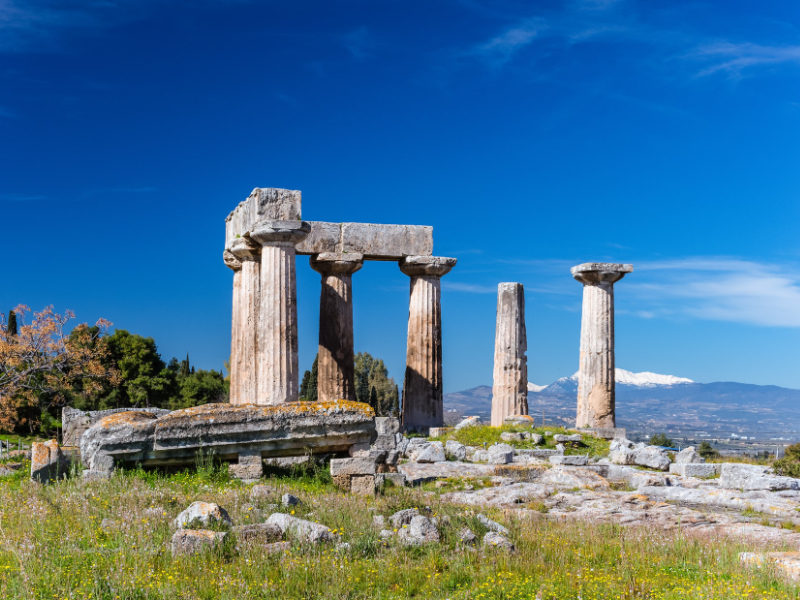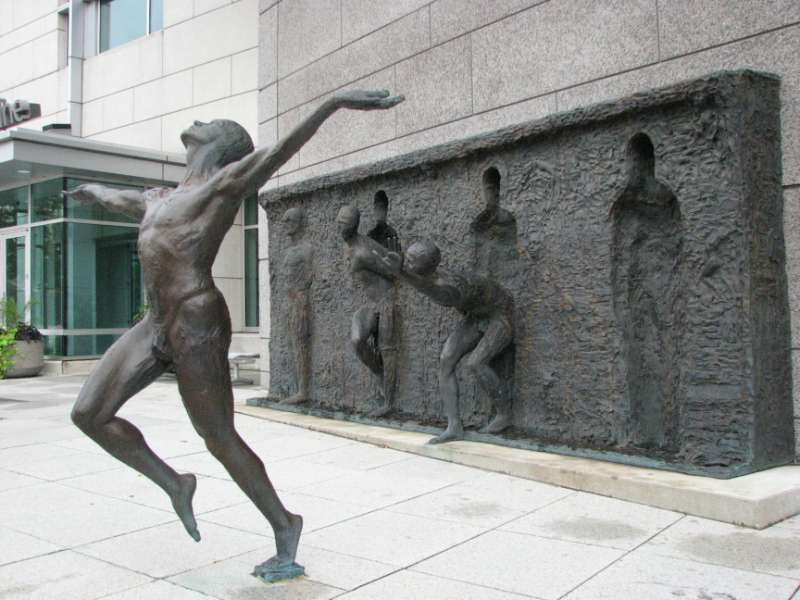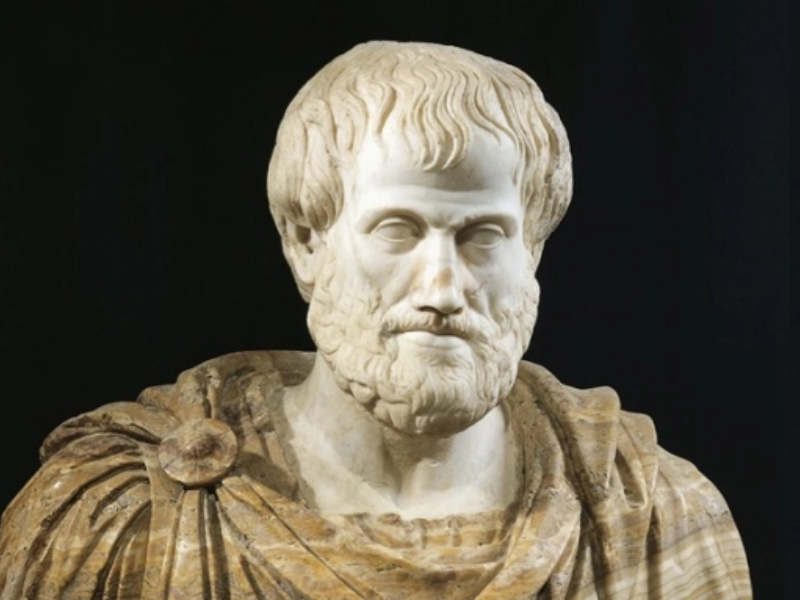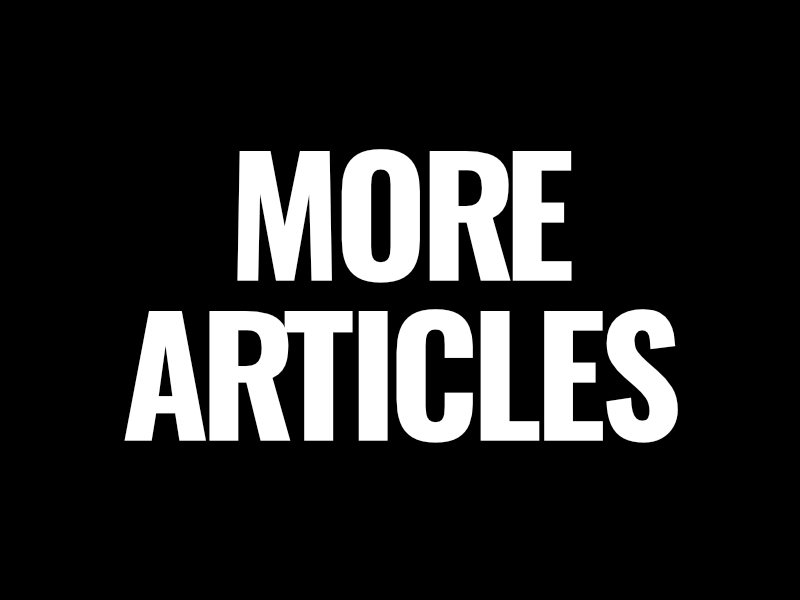Know Your Motivations & Intentions
– The Keys to a Peaceful & Purposeful Life –

Without understanding our motivations for our actions, what can we say we are really doing? Where is our freedom, our choice, our awareness?
“If one does not know which port one is sailing, no wind is favorable.” — Seneca
Now, of course, unless we’re saints, this is where many of us are at — we often don’t know or understand our motivations. We can often even have mixed and competing motivations for the things we do. We can write articles, say, to not only uplift people’s lives but also to get a pat on the back, to get recognition.
Are you doing the dishes out of unconditional love for your partner or also partly because you need something from them? Are you expecting a thanks when you fold the laundry or when you give cash to a homeless person? How much of what you do is motivated out of love, out of the welfare for all, and how much is motivated out of selfishness, out of hatred, greed, and delusion?
I know I’m certainly not a saint. I have a lot of work to do. And that’s why I practice. That’s why I continually remind myself that I want to live a fuller, more examined life. I want my heart, mind, and body to be in harmony. I want more freedom, freedom from automatic reactivity. I want to cultivate deep and meaningful relationships. I want to be honest, genuine, and authentic in my being. I want my expressions, my work and my art, to be sculpted and polished with loving and caring attention. I want to be happy. I want to be free from suffering. I want to embody lasting peace.
There’s a few ways that have helped me keep my intentions and motivations clear over the years. One way to help keep these reflections sharp on my mind throughout the day is to build these reflections into my morning vipassana — or insight meditation — practice. I even like to take a minute or two to imagine what this looks like for my day so that when I am in the actual situations I imagined, a mindfulness bell will ring in my mind.
Another way that has helped tremendously in keeping my motivations and intentions front and center is by writing them down in a journal. I ask, ‘What are my aims for today?’ and then follow up with, ‘Why? What’s my motivation behind them?’ The more I’ve examined and expressed these motivations and intentions, the more natural or habitual they’ve become.
Conclusion
I can’t stress enough the importance of bringing your motivations and intentions into the field of awareness. Not only will it gather the necessary forces in your heart and mind to help accomplish your tasks at hand. But it will also lead to a more intentional life. It will bring into harmony your thoughts, words, and actions, which, I think you’ll discover, will lead to a much greater sense of fulfillment and inner peace.
Our beings are composed of an interconnected set of innumerable processes, most of which are unconscious, moving in different directions, competing for conscious attention. Rarely are we fully aligned, every part of us unified, moving in the same direction. More often we are pulled in several directions. The moments when we are whole, when we are complete, when we are entirely at peace, are precious gems.
Self-alignment begins by awakening to your intentions and motivations. Understand yours. And stand behind them with the entirety of your being. Know freedom.
Embody a lasting peace,
More Articles
“Poetic Imagination”
I hope at least once in your life you’ve seen the Milky Way. The brushstroke of glimmering white light that cuts through the heavens is breathtaking. And to imagine, before all the light and carbon…
“Carving Knowledge from Our Imaginations”
Every civilization throughout history has created a dogmatic school whose main task is to pass on the doctrine of its founder intact to each generation. In the rare…
“Failures of Ultimate Explanation”
The earliest Greek philosophers didn’t really ask ‘what is?’ questions. Rather than quibble over the meaning of words, they tried to solve specific problems by creating bold explanatory theories…
“Plato’s Moral Tyranny”
Only you, the individual, can decide whether a behavior, norm, or institution is right or wrong. It is your burden and yours alone. You can’t shift it to god, nature, history, or even to society, because whatever…






